Driving is a responsibility that everyone with a vehicle must take care of because of the risks. Even if you have a spotless driving record, there are plenty of strangers on the road with you, and their habits are unknown until something terrible happens. No matter what kind of driver you are, you must follow these safety tips to ensure that you’re not putting yourself and others in danger:
1. Don’t Drink And Drive
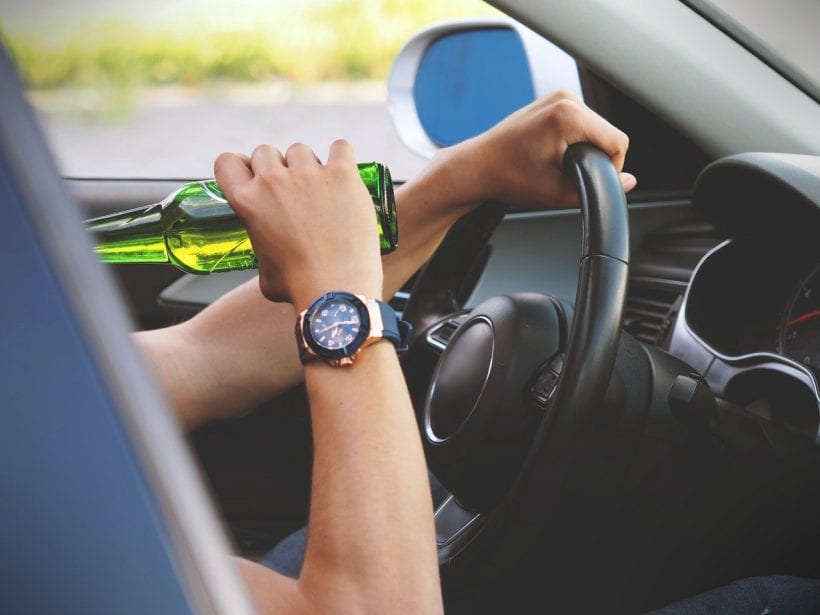
Over 10,400 people perished from drunk driving in 2016, and 17% of those are passengers aged 14 years old and below. When you’re driving while impaired, it isn’t easy to judge and control your vehicle’s speed. Your distance from the car in front of you is also at risk. Traffic signs become non-existent to someone drunk or high. The safest way to avoid an accident is not to drink at all, or if you had something to drink, let someone you trust drive you, call at home for someone to pick you up, or call public transportation instead.
2. Don’t Drive In Haste
While it’s easy to go speeding, even if you think it’s only for a little bit, you can still go out of control and risk a driving ticket, or, worse, cause an accident. When you’re running late for whatever reason, endangering lives is never worth it. If you’re late today, do better the next day. Those who risk speeding are likely to get involved in a rear end collision for trying to outrun a vehicle. If you did, call for a professional and ask what to do.
Allow yourself some time to get to your destination safely. You can also try to find shortcuts as long as you’re not violating any traffic laws.
3. Avoid Multitasking

That includes texting, taking or making a phone call, and anything that can distract your focus. Your attention should be 100% on the road. Whether you’re a civilian or a fleet driver, don’t make the mistake of taking your eyes off the road due to overconfidence. A driver who has taken the same route often becomes familiar with the action and quickly gets distracted. To help avoid distractions, turn your phone off, ask a passenger to field messages for you, or keep the phone out of sight while you’re on the road.
4. Check Your Car Before Driving
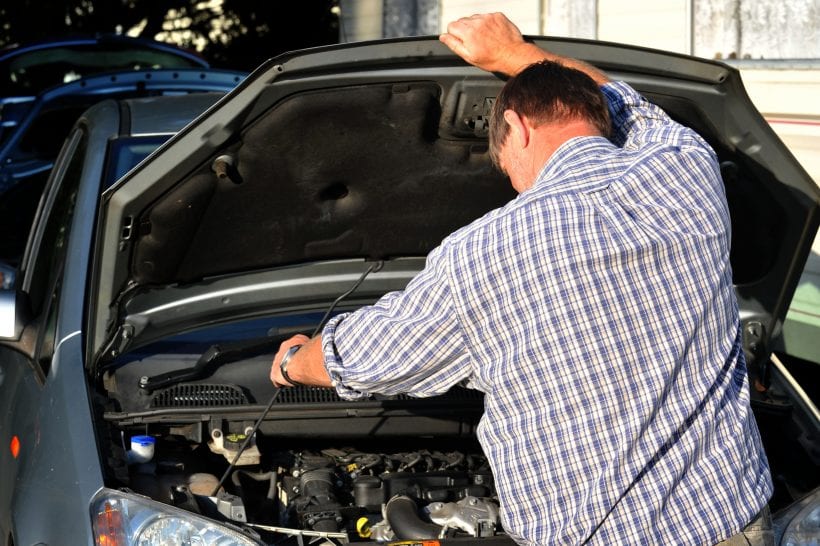
Making sure that your car is in good working order minimizes driving risks. Check if all the lights in the front and the rear are working alright. Try to spot if there are any leaks and if the blinkers are in good condition. Bring your car to a shop if it needs repairs, replacements, or maintenance. The last thing you want is to lose control because it broke down in the middle of the road.
5. Always Wear Your Seatbelt
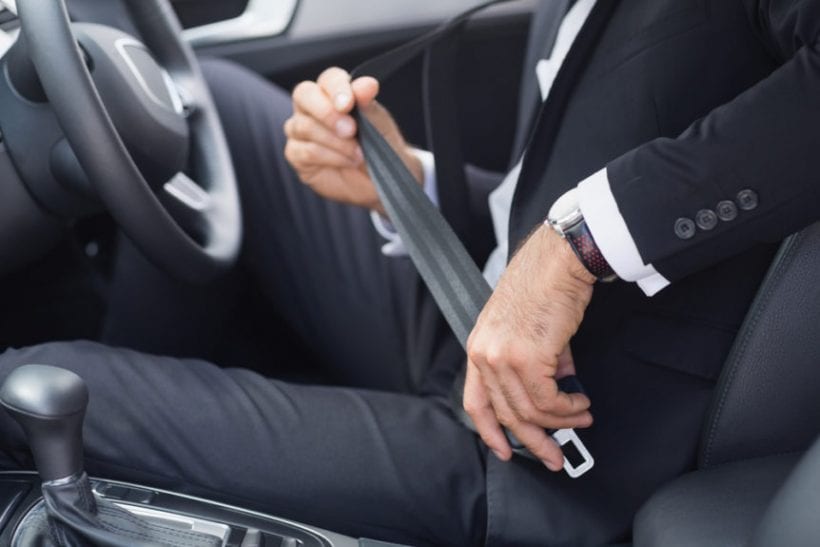
Your vehicle has a seatbelt for a good reason. Those who are likely to suffer severe consequences during an accident are likely not wearing any seatbelts. Drivers and passengers must secure themselves with a seatbelt to lessen the likelihood of being ejected from their seats when a collision happens. Three people out of four pass away from their injuries for being booted out of impact. Even if your vehicle has an airbag, it’s not enough, and it won’t do anything for your passengers at the back.
6. Stay Alert During A Breakdown
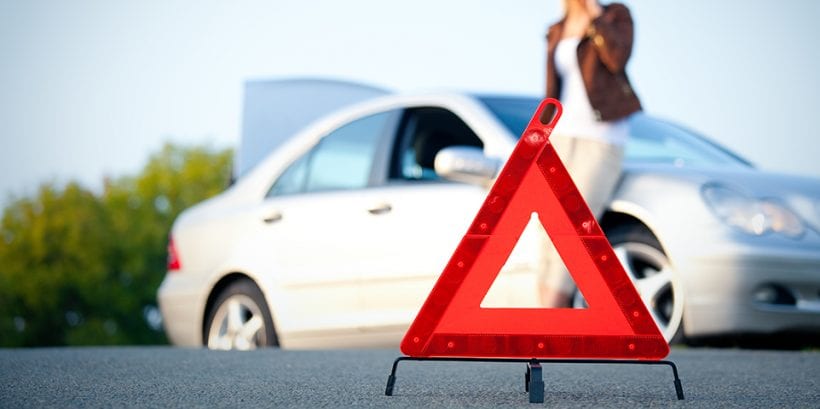
A sudden car breakdown can happen anytime and anywhere. If you get wind that something is wrong with your vehicle, do your best to get to a safe location, or on the side of the road at least. If it stops in the middle of the road, turn your hazard lights, and call for a towing service. If the car broke down on a two-way highway, place triangles at the front and back of the vehicle at least 50 meters away. Never try to work on your car in the middle of a busy roadway. If you stopped in an unsafe neighborhood, don’t get out of the car and call for professional help instead.
7. Practice Defensive Driving
When your eyes are on the road, your line of sight should be wide enough so you can see everything in front of you. Always be wary of other drivers, and be prepared for whatever may come your way. Ensure that there’s a two-second gap between your vehicle and the one in front of you so you can quickly back away if needed.
If the weather is unpleasant, the road is likely to be slippery. Allow a wider distance between the car ahead and yours at the back.
8. Plan Ahead Of A Trip
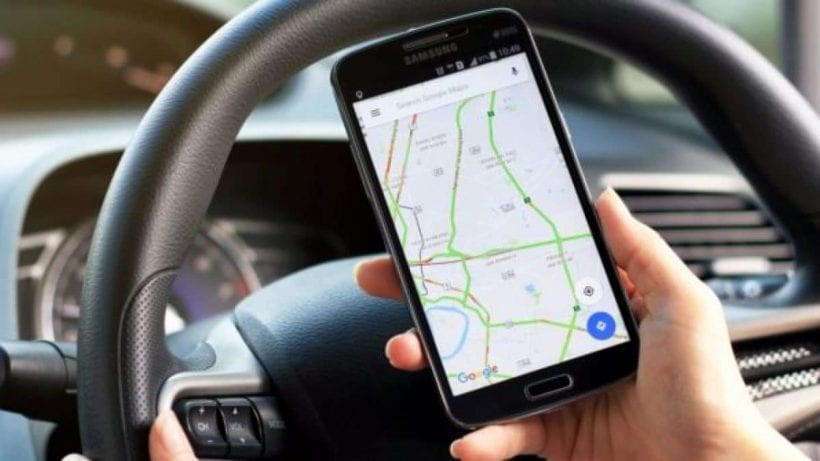
When you’re somewhere new, it’s easy to get tempted to use your phone as a GPS device or activate Google Maps. It will serve you right to put away your phone for the entirety of the trip while on the road. Before the day of the trip, research about the driving laws, such as signaling, passing, and maintenance, among others. You can get in trouble with the law if you’re in a different place and don’t know the traffic laws in that area.
9. Get Medical Advisory
Your health is just as important as your safety, whether you’re a teenage driver or an older driver. Bring along your medication if you’re using your car. But, if the drugs you’re taking are causing adverse effects that can affect your driving, be sure to consult your doctor. It could be dizziness, blurry vision, fatigue, drowsiness, and more. If your eyes need checking, don’t drive until you have proper prescription glasses or medication.
In Conclusion
There are countless ways you can jeopardize your safety and that of your passengers. There are also many ways that you can ensure that all of you get to your destination safely. When it comes to driving, there are no excuses. You must always do your duty to observe traffic laws, avoid DUI and distracted driving, and make sure that you call The Hardy Law Firm for help if you’re in trouble.

